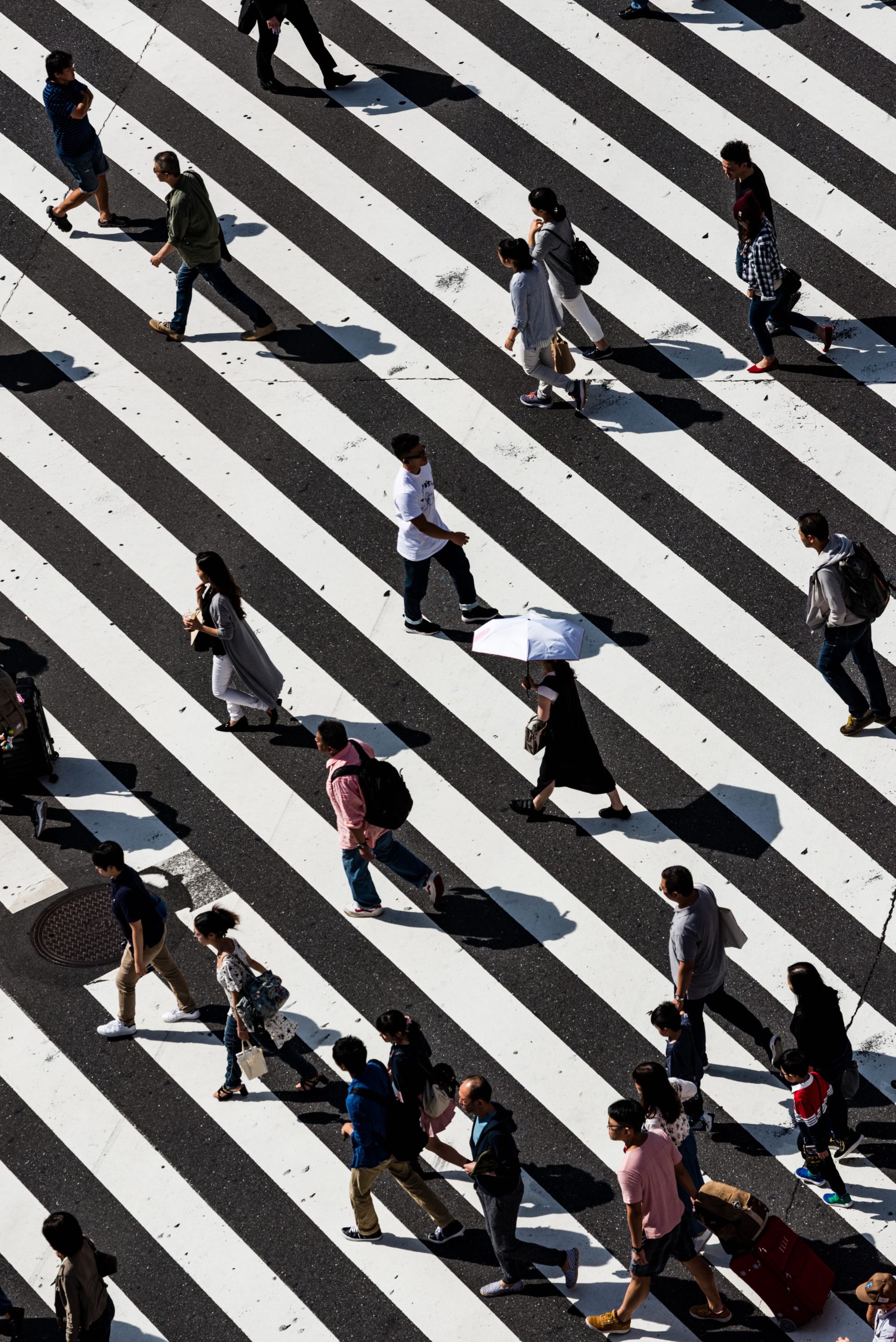Perception has always driven society’s choices, especially in regards to fashion. You get dressed, look in the mirror, touch up your hair and leave. Right? Wrong — at least for me and a majority of other people. Prior to quarantine, I would commit to the song and dance of staring in the mirror, fixing my shirt tuck and asking myself, “What will people think? Do I look good?”
We all want to fit into a mold. Surely, we display our individuality with the pieces we choose to wear, but no one can deny that trends, potential compliments and self-esteem influence our style. The concept of self-esteem, however, has dramatically shifted since the start of quarantine. It seems as if everyone got bangs during quarantine, dyed their hair a fun color or had a massive style overhaul.
And no, these drastic transformations were not the result of a ‘seasonal shift.’ During quarantine, perception divorced fashion which created an unimaginable trend: unabashed individuality.
With the lack of social interaction comes the reduction of societal pressures of conformity. Once social interactions came to a screeching halt, people began treating themselves like style experiments. Most importantly, people began genuinely expressing themselves — causing dramatic aesthetic and emotional changes.
On TikTok, the stage for showcasing these dramatic transformations, creators have gained mass popularity for being as ‘unique’ as possible. In fact, TikTok has created a resurgence in the popularity of goth and scene aesthetics. This mass-rejection prompted by social media has resulted in many positive benefits, but it has also given way to legions of gatekeepers and toxic individuality.
Gatekeeping allows people to limit access to something. For example, if someone does not say the brand of shirt they are wearing, they are contributing to gatekeeping that shirt because they do not want ‘everyone to have it.’ The concept of individuality is inherently exclusive, which is ironic since individuality needs an inclusive society to survive.
Due to the increased value placed on individuality, people are less likely to share the components of their aesthetic with everyone else. If they do, they are no longer cool or unique — even though belonging to a subculture like scene or Y2K bimbo-core is not focused on the ‘cool factor.’
Instead, subcultures are a response to society’s aversion to the un-normal. They are supposed to welcome everyone regardless of whether they completely abide by the subculture’s aesthetic rules. In fact, subcultures allow for incredible amounts of versatility, hence why subcategories like ‘pastel goth’ and ‘steampunk’ exist.
At first, everyone wanted to feel like they were a part of something authentic. We were all so desperate to feel something during the months of dystopian apathy. Of course, that feeling has not gone away, but people are becoming focused on the wrong thing. Being unique is not something that one achieves via clothing or accessories, no matter how ‘alternative’ those things are. We belong to a capitalistic society where everything is in constant circulation. This means that the iGirl necklace you bought from Depop cannot be kept as your little secret because that iGirl necklace was marketed, bought and then sold to you on a third-party application where millions look at that same listing.
No one can be unique in a consumerist society. Sure, you can have one-of-a-kind pieces, but nothing is protecting that brand or artist from mass-producing their products. In relation to subcultures, quarantined newcomers should not incessantly participate in gatekeeping practices. Subcultures are fighting for their acceptance in fashion and increased membership guarantees them spaces that were not available in the past. Gatekeeping simply reinforces the otherness of these subcultures which is not sustainable for the subculture or the individual cooped up in their room trying to find their authentic self.
In a social media age where we are exposed to everything all the time, we must realize that nothing can be a secret. Nothing is unique. Uniqueness is a state of mind, not something you can achieve by contributing to the capitalist machine.
- Quarantine, Subcultures and Gatekeeping - November 5, 2020
- Logomania, the 2000s and Celebrity Culture - August 16, 2020
- The Classist History of Being ‘Fashionable’ - August 10, 2020

